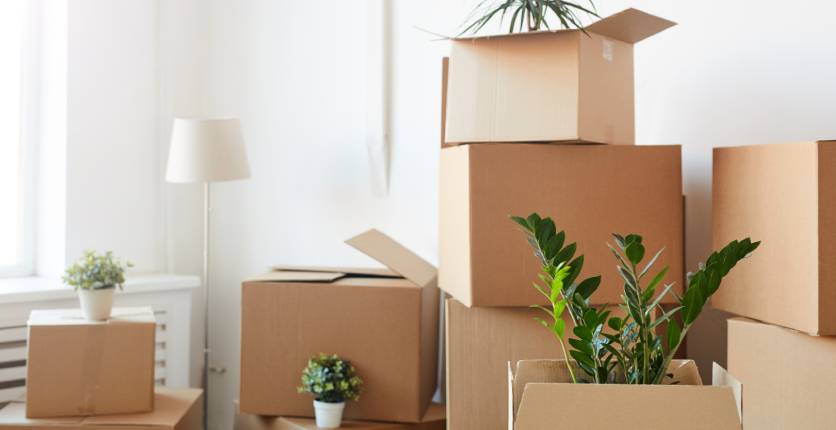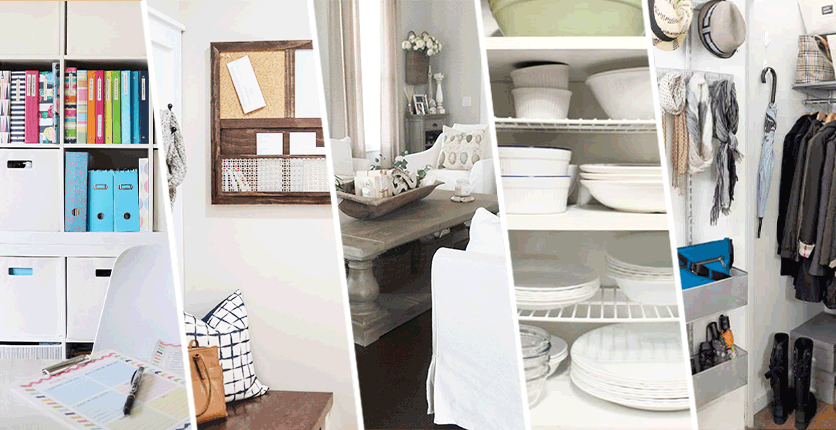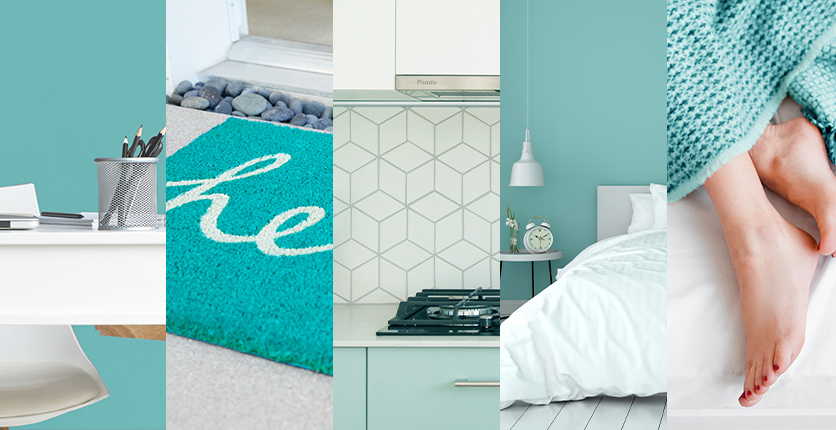Decluttering and organising your home can be tedious and time-consuming tasks, so if they’re on your To-do list for the New Year, you’ll need a few strategies to get them done with minimum time and effort. We asked two professional organisers for advice on how to sort through items, maximise space and store important or precious items.
Split the job into smaller tasks

Nathalie Ricaud, a professional organiser and the founder of Get Organised & Beyond, recommends breaking up the project into small and manageable tasks, and to go progressively through the areas that need to be cleared out or organised. Focus on the easy decisions first, for instance, items you can easily part with such as damaged clothes, old magazines, expired food, and so on.
Have a vision for the space you’re decluttering

Professional organiser Haw-San Au-Yong, founder of Edits Inc, says to decide what you want the space to look like and function as, and to allow this vision to guide you as you determine what items should stay or go.
Hold on to items that support your current life

“Keep items that you need, use or love and that fit into the space you have. The rest should go,” says Nathalie. “If you don’t want to throw items away, you can always donate or sell them if they’re in good condition or recycle those that are not.
“You can also set up specific retention rules based on the category of items you want to declutter. For example, for clothes, you may want to let go of those that are faded, stained or torn, that don’t fit, that don’t make you feel good, that you can’t pair with any other items in your wardrobe, that don’t fit your lifestyle or personal style, that are too much work to take care of, and so on.”
Setting these rules upfront before even tackling the physical stuff can be quite powerful as you separate the decision from the action, and you’ll be more efficient and detached when going through the physical purge.
Store precious items and mementoes correctly

When putting away heirlooms, mementoes and other items of sentimental value, Haw-San recommends using see-through containers so you can tell what’s in them at a glance and easily access the items if you need to. Because of our humid climate, she suggests putting desiccants into the containers, even if the container is airtight, to absorb moisture and prevent mould from growing. And make sure the containers have lids to keep dust out.
If you prefer not to stash precious items away, Nathalie says you can always display them. Medals, for instance, can be framed.
When it comes to documents, Haw-San says to store those you’re less likely to access in plastic sleeves, so that the ink doesn’t bleed. Those you may need to access more regularly, such as manuals for home appliances, can be placed in plastic sleeves and then arranged in ring folders.
Maximise your space utilisation

“Be selective about what you keep,” says Nathalie. “Things that don’t fit into your cupboards and cabinets and that end up on a countertop or floor will start a pile that will result in clutter. Think of your home as a living space, not a storage space.”
She adds that you can maximise your space utilisation by:
- Utilising the whole height of your cabinets and cupboards. This may entail adding a second rod under the main rod in your wardrobe, adding a shelf, adding a rack on a shelf, using under-the-shelf baskets, using stackable organising products, and so on.
- Using the vertical spaces in your home by mounting shelves on the wall or inside a cabinet door, using hooks to hang organisers, investing in over-the-door hangers or pocket organisers, and storing spices in magnetic jars that will attach to the metal surface of your refrigerator door, for instance.
- Storing small items in containers so they don’t spread out and take up more space on a countertop, in a drawer or on a shelf.
- Using slimmer items such as thin hangers instead of wooden ones, or a vacuum bag to store infrequently used bulky items such as bedlinen, winter clothing, or hand-me-down clothes you’re saving for your next child.
“Avoid resorting to external self-storage facilities, except for valuable possessions such as antiques,” she notes. “Otherwise, you might end up paying thousands of dollars in storage fees for stuff that you’ll quickly forget about and won’t be interested to keep when you see it in a few months or years.”
Want more articles like this, and other lifestyle content right in your inbox? Sign up for the eNSman Newsletter – you don’t need to be a SAFRA member to subscribe – and never miss another story!








